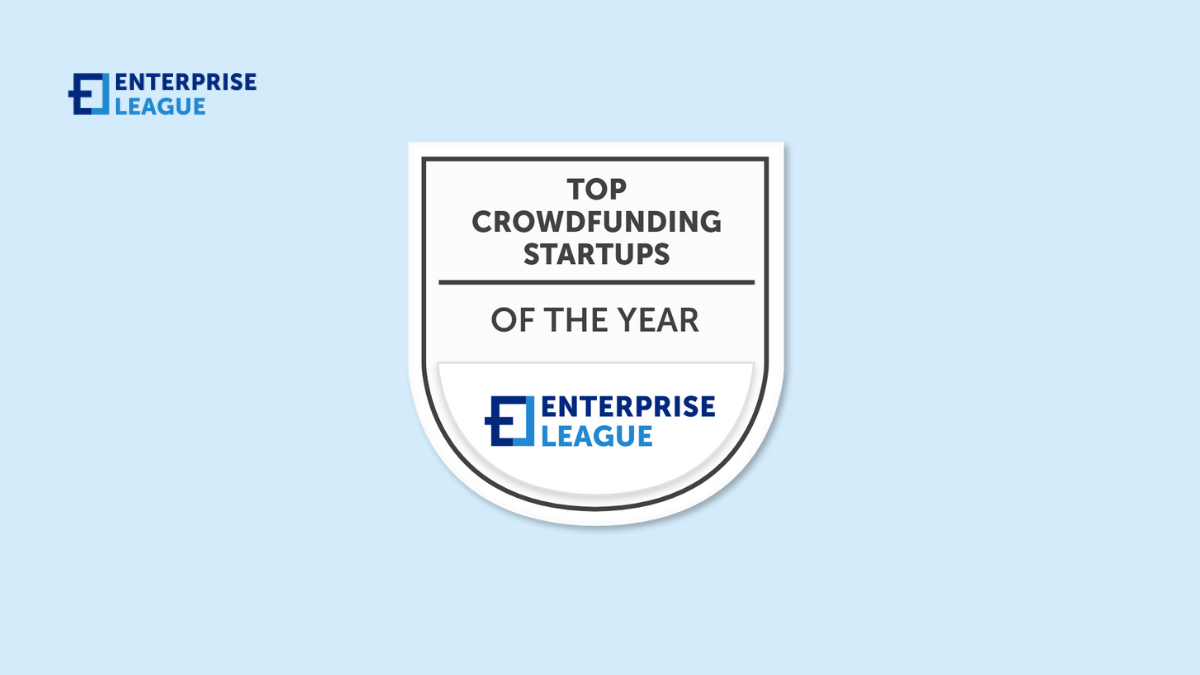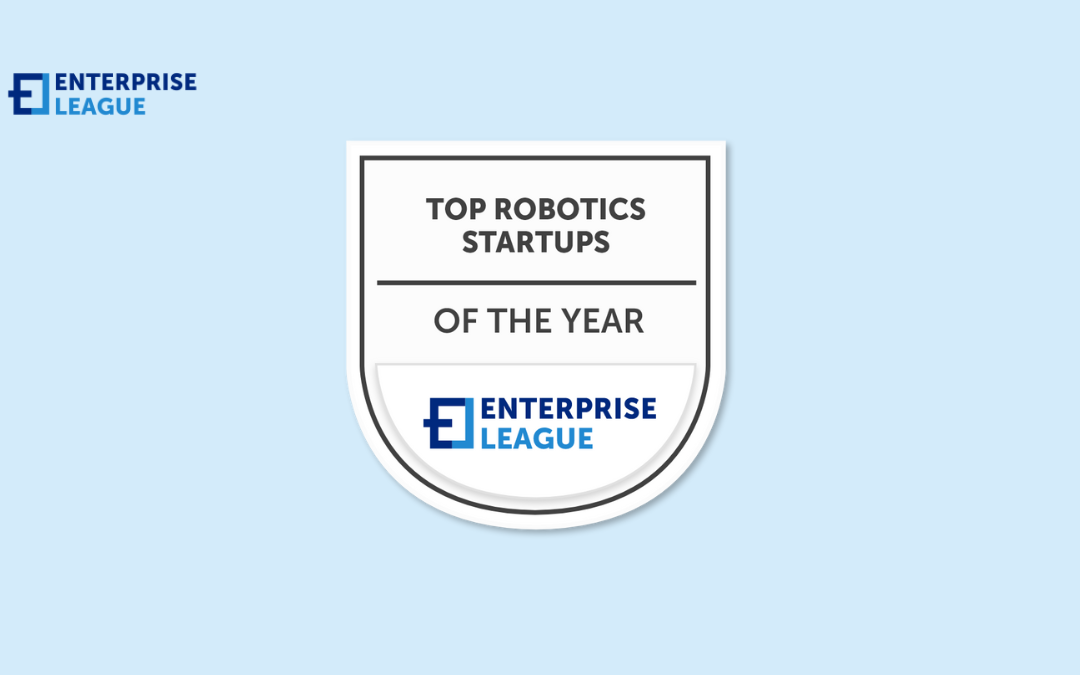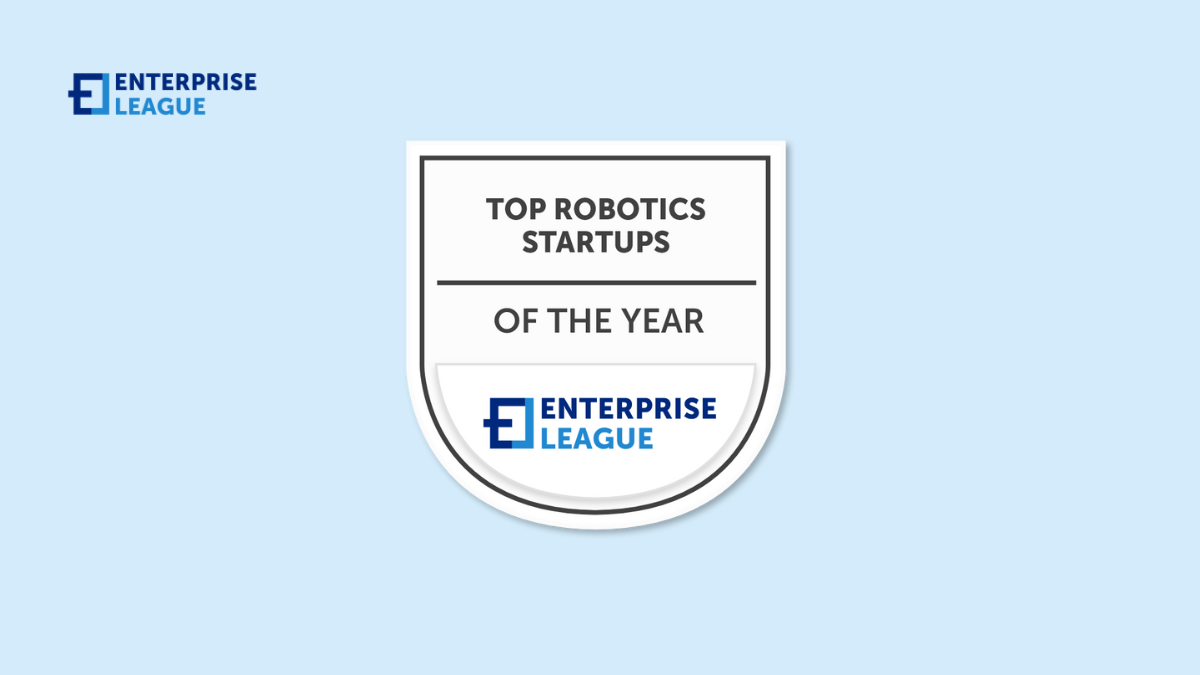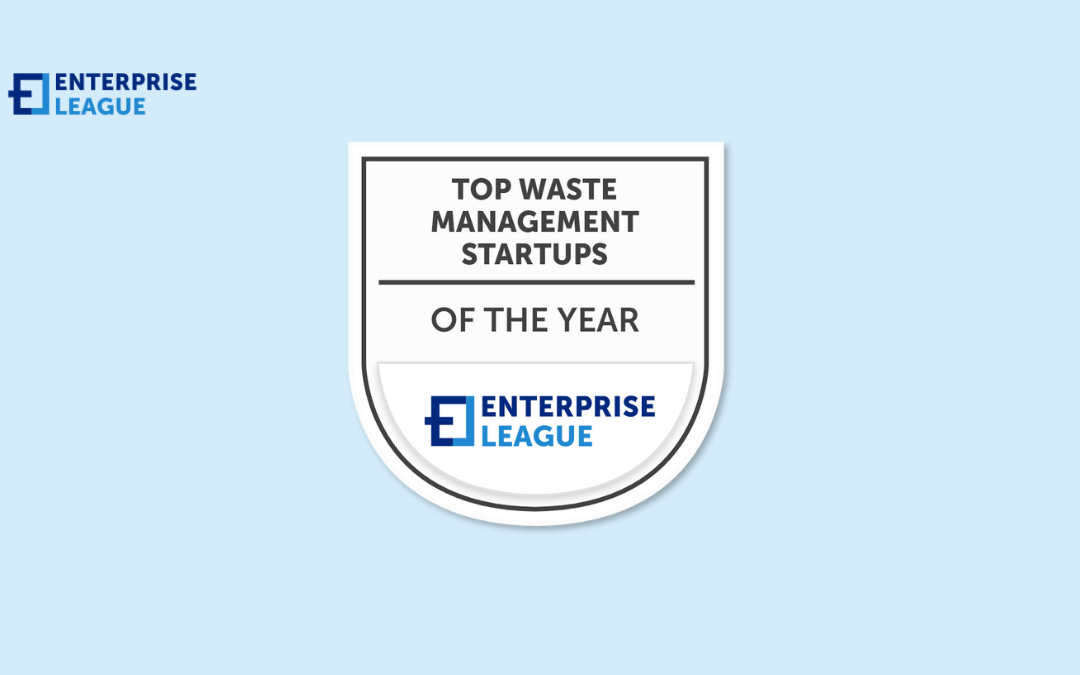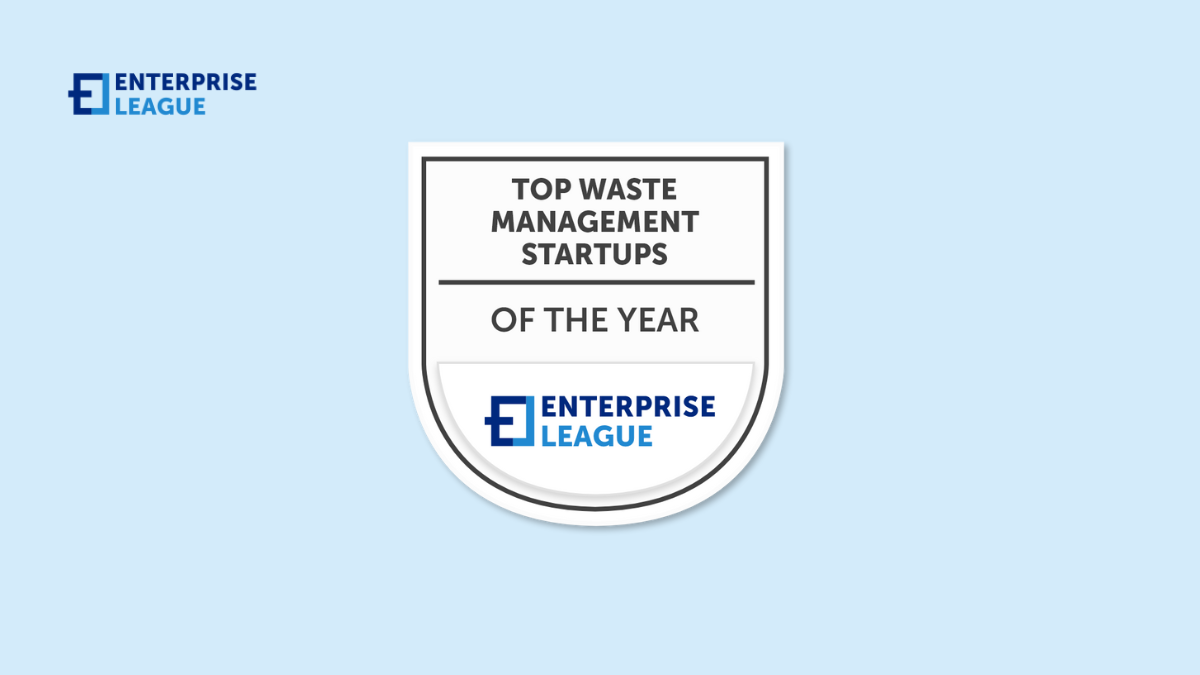Are you interested in starting your own business but unsure where to begin? This article offers tips and strategies to turn your idea into a business venture.
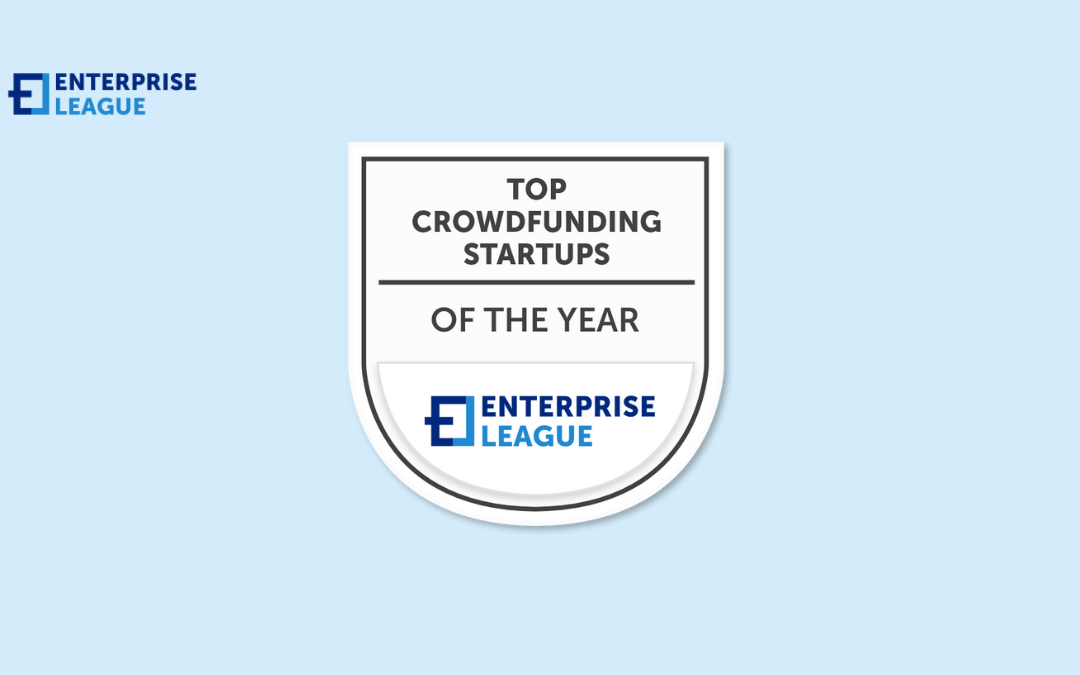
21 cutting-edge crowdfunding startups to know in 2025
Securing investments from venture capitalists or loans from banks can be an uphill battle for fledgling startups that don’t yet have traction or a proven business model – this is where crowdfunding comes in.
In the last couple of years , creative crowdfunding startups have emerged, that help aspiring entrepreneurs get funding for their ideas with less hassle than going to a bank. Additionally, direct indexing service providers have gained traction, offering investors more control over their portfolios by allowing them to customize investments at a granular level.
Top crowdfunding startups
Complete list of crowdfunding startups that are worth knowing:
Republic
Founded in 2016, Republic is an online investment platform that gives individual investors access to alternative assets like crypto, real estate, video games, and startups. Republic has noticed strong interest from millennial investors in these non-traditional categories.
Seeking creative ways to capitalize on this demand, Republic has introduced specialized funds that target specific cities with growth potential. Their Miami and Austin real estate funds pool money to invest in each city’s sizzling property market – allowing individuals to diversify across multiple deals.
EstateGuru
Founded in 2014, EstateGuru aims to make property lending and borrowing more efficient. Developers can list loan requests secured against property assets. Investors can view projects and fund the loans that match their investment goals.
Loans listed on EstateGuru are for terms ranging from 6 months to 5 years. Loan amounts start from 50,000 EUR. Investors can diversify across multiple loans from just 50 EUR. EstateGuru handles vetting, legal paperwork, and debt servicing.
Realty Mogul
Founded in 2013, Realty Mogul has reviewed over 30,000 potential deals but only lists around 300 that meet their criteria – an acceptance rate of just 1.1%. This rigorous vetting provides investors confidence in the opportunities on the platform.
Investors can browse commercial real estate listings on Realty Mogul and invest in projects for as little as $5,000. Offerings include debt, equity, and fund investment options. Realty Mogul handles all the legal paperwork and management.
Fundable
Launched in 2010, Fundable aims to democratize startup fundraising by connecting entrepreneurs with everyday investors. Companies can create profiles, build their network, and raise funds on the platform.
Investors can browse startups, conduct due diligence, and invest in private companies starting at just $100. Fundable takes a percentage fee on the funds raised through its platform.
Fondeadora
Founded in 2018, Fondeadora developed a mobile-first platform providing cost-effective financial products like digital savings, investing, cryptocurrency exchange, and cross-border transfers tailored to serve broader socioeconomic demographics conveniently and at scale.
By focusing on secure, usable design, Fondeadora fosters financial inclusion for the underbanked by transforming services into engaging customer experiences removing barriers to saving, liquidity, and wealth creation opportunities.
StartEngine
Founded in 2015, StartEngine has facilitated over $650 million in investments through its two subsidiaries – StartEngine Primary and StartEngine Capital. StartEngine allows early-stage companies to raise capital by issuing shares to everyday investors. Investors can browse startups, conduct due diligence, and invest in private companies starting at just $100.
For entrepreneurs, StartEngine offers an alternative to traditional venture capital by connecting them with a wider pool of investors. StartEngine handles all SEC compliance and managing the funding rounds.
TRINE
Founded in 2016, TRINE developed a crowdinvesting platform enabling individuals to support specific solar installations serving communities in Africa and Asia. Investors earn returns while providing electricity access.
By facilitating direct funding, TRINE opens alternative financing to transform remote renewable energy viability. Their model fosters entrepreneurship and sustainability overseas where clean power most critically lagged.
GoParity
Founded in 2016, GoParity vets and lists proposals for eco-friendly, equitable initiatives focused on areas like green energy, zero waste, food security, and social inclusion. Investors review and fund projects that resonate.
By connecting those with money to causes needing funding, GoParity accelerates solutions tackling pressing global issues. Their platform democratizes impact at scale by allowing anyone to align investments with values.
Seedrs
Founded in 2012, Seedrs lets startups and small businesses raise funds by offering equity shares to investors. Investors can browse deals, do research, and invest as little as £10 in companies they believe in.
Seedrs handles all the legal paperwork and manages the investment process for both startups and investors. Investors gain equity in the companies they help fund on Seedrs.
Invesdor
Founded in 2012, Invesdor provides efficient digital tools and investment vehicles connecting investors to early-stage companies, real estate opportunities, and other deals historically out of reach without substantial capital or connections.
By expanding access and lowering investment minimums, Invesdor brings private investment within inclusive reach. Participants pool funds for collective ownership in assets offering differentiated returns and social utility.
Ketto
Ketto is an online crowdfunding platform for social causes and nonprofits in India. Founded in 2012, Ketto aims to connect individuals with organizations doing good work.
Through Ketto, NGOs and social enterprises can create campaigns to raise funds for their initiatives. Donors can browse causes, verify credentials, and give to campaigns aligned with their interests. Ketto focuses on transparency by providing details on how funds are used. Donors can track how their money makes an impact. Ketto also facilitates volunteer matching and builds community between donors, activists and organizations.
CrowdCredit
Founded in 2015, CrowdCredit uses technology to connect borrowers and lenders globally through a transparent credit marketplace.
On the CrowdCredit platform, creditworthy borrowers can obtain lower interest loans while investors earn higher fixed return rates on those loans. Advanced algorithms optimize matching based on risk preferences and return targets.
Fundary
Launched in 2016, Fundary uses a crowdfunding model to provide SME financing alternatives.
On the Fundary marketplace, SMEs can create profiles and raise capital by selling revenue-based securities to a pooled community of investors. Investors can browse opportunities, conduct due diligence, and diversify across multiple SME investments starting from just 50 EUR.
Impact Guru
Incubated at Harvard in 2014, Impact Guru aims to drive social innovation and progress through crowdfunding.
On the platform, nonprofits, social enterprises, artists, and personal causes create campaigns to raise funds from donor communities globally. Donors can browse verified profiles, contribute to campaigns that inspire them, and track how their money helps
CrowdStreet
Founded in 2014, CrowdStreet enables direct investment into individual properties and real estate funds.
On the CrowdStreet Marketplace, accredited investors can browse thoroughly vetted real estate offerings, conduct due diligence, and invest online starting at $25,000. Offerings include equity, debt, and fund investments.
YieldStreet
Founded in 2015, YieldStreet offers individual and institutional investors exposure to niches like real estate, marine assets, legal finance, and commercial loans for diversification and growth. Investors can build portfolios with low investment minimums.
By broadening participation in private markets, YieldStreet accelerates capital access and economic potential for overlooked sectors and partners. Their technology and inclusive vision reshape how wealth is created and shared.
Spotfund
Launched in 2015, Spotfund provides a fee-free crowdfunding solution for social good.
On Spotfund, fundraisers can easily create campaigns, share via social media, and rally donations from their communities. Donors can discover vetted campaigns, give directly, and track impact. By providing a free and transparent fundraising platform, Spotfund helps purpose-driven organizations and individuals secure funding while avoiding platform fees.
FundRazr
Launched in 2009, FundRazr offers customizable fundraising software through a SaaS model. Users can easily create campaign pages, share via social media, and rally donations without transaction fees or platform costs. Donors can securely contribute to vetted campaigns.
By providing free crowdfunding infrastructure, FundRazr aims to make fundraising accessible to more nonprofits, communities and personal causes. This allows more resources to go directly toward needs.
CircleUp
Founded in 2010, CircleUp enables established companies to raise capital by selling equity shares to investors. On the CircleUp marketplace, individuals can invest in rising consumer brands across categories like food, beauty, pet, and more. CircleUp vets companies, facilitates due diligence, and manages fundraising rounds.
By streamlining private equity investing in startups, CircleUp opens up opportunities previously only accessible to institutions. Over 250 companies have raised over $390 million total on the platform.
Kickstarter
Since launching in 2009, Kickstarter has become a leading force in grassroots crowdfunding.
Creators launch campaigns to showcase ideas, build momentum, and obtain financing from backers. Backers can browse projects in categories like technology, art, film, music, and support inspiring ventures.
Wefunder
Founded in 2011, Wefunder offers both equity crowdfunding, where users gain ownership shares, and revenue sharing or SAFE note structures providing more flexible startup financing. Investors can build portfolios backing emerging companies.
By expanding private investment to all, Wefunder reshapes how individuals participate in economic growth and opportunity creation. Their technology democratizes access beyond privileged groups.
Conclusion
The variety of breakout startups demonstrate why crowdfunding has become such a disruptive force. It provides an avenue for capital that is purely idea merit-based, without biases investors might have. Not only do crowdfunding startups provide critical early capital, but they validate product-market fit and build an invested community of evangelists.
Discover more creative startups that might interest you:
- Must-know hvac manufacturing startups that redefine the industry norms.
- Successful sheet metal companies with the smartest techniques of metal fabrication.
- Top business intelligence startups that are making waves in the industry.
- Food startups that are developing amazing food making and delivery solutions.
- Innovative mental health startups with tremendous potential in near future.
Related Articles
Turn your idea into a business: Strategies and tips
Shopify Audiences: What it is and how to leverage it
Discover the power of Shopify Audiences for your e-commerce business. Learn what it is and how to leverage it effectively for targeted marketing and growth.
How small businesses with delivery services can save money
Don’t miss out on the opportunity to maximize your financial success! Learn how small businesses with delivery services can cut costs and boost profits.
Creating content marketing funnel for small businesses
If you are an entrepreneur with a long-term vision and desire to build a sustainable brand, a content marketing funnel for small businesses should get your full attention.
Starting a metal fabrication business: What you need to know
Want to open a metal fabrication business but don’t know how and where to start? Check these tips on what should your plan include and roll your sleeve up.

